For decades, the St. Georges Hotel has stood as a symbol of Lebanon’s enduring spirit. In its golden years, it welcomed celebrities, world leaders and socialites, all drawn to the allure of Beirut’s vibrant coastline. But like many of the city’s iconic landmarks, the St. Georges has faced times of great turbulence. We learn more about the property’s storied past and its beautiful revival with owner Fady Khoury, a man deeply committed to preserving its legacy.
The St. Georges Hotel transcends generations. What can you tell us about its history?
The story of the St. Georges Hotel begins in the early 1930s during the French Mandate in Lebanon. It was originally built by a French company, and from the start, it became a place where people from all walks of life gathered. The bar in particular gained a reputation as a meeting point for journalists, diplomats, spies and socialites.
The hotel was designed by Auguste Perret, a renowned French architect. My family became part of the St. Georges’ story in the late 1950s when my father, Abdallah Khoury, purchased it around 1958 or 1959. After the Suez crisis, many foreign owners began selling off their holdings in Lebanon. One of those was the Bank of Syria and Lebanon, which then owned the St. Georges. My father bought it along with other partners, including Najib Salha of the Phoenicia Hotel.
When my mother joined in 1964, when my father died, she eventually acquired full ownership of the hotel and led a major transformation. Despite the challenges of being a woman in a male-dominated industry at the time, she managed the hotel with vision and strength. By the 1970s, she had turned it into one of Beirut’s most sought-after destinations. The hotel was always full, and when we had no space, we sent guests to the Phoenicia.
The hotel also had a beach area, modest at first, but it gradually grew into what became the St. Georges Yacht Club. It hosted water-skiing competitions and developed a strong following. Even after the hotel was damaged during the war in 1976, the beach club continued to operate and became a symbol of continuity.
In the years that followed, we faced new challenges. Efforts were made to isolate and diminish the hotel, physically and economically. But through it all, we stayed. The building, though scarred, remains standing. The poster that hangs on the façade today is more than just a reminder of that ongoing fight; it’s a sign of our determination to keep the spirit of the St. Georges alive.
 While others in your position may have given up, you’ve faced major challenges head on. What has kept you going?
While others in your position may have given up, you’ve faced major challenges head on. What has kept you going?
What’s kept me going is simple. I don’t know how to back off! This wasn’t something that took a few days or even a few years. It’s been 31 years and it’s still not finished. Most people would prefer to start something and see results quickly. I would have. But this? This became something bigger.
There were many moments when walking away might have seemed easier. But to me it wasn’t about convenience. It was about standing my ground, especially here in this small country where sometimes the easiest thing is to give up. I stayed because I believed it was worth it. I believed the St. Georges was worth it. And, in a way, I wanted to prove that in Lebanon, even one person refusing to back down can still mean something.
 You recently launched The View – St. Georges Hotel. What can you tell us about it?
You recently launched The View – St. Georges Hotel. What can you tell us about it?
The View – St. Georges Hotel is now open. It’s a four-star property that offers an upscale experience. However, we decided to make it affordable, with rooms starting at USD 100.
The View is actually the beginning of the broader vision to rebuild the original St. Georges Hotel. It’s located in the annex building across from the historic structure, which still bears the iconic sign. So, while it’s not the original hotel, it’s very much a part of the larger story and a step forward in bringing the legacy of the St. Georges back to life.
 You are deeply committed to Lebanon. What does the country mean to you and what hopes do you have for its future?
You are deeply committed to Lebanon. What does the country mean to you and what hopes do you have for its future?
I don’t know what the future holds for this country, but I’ve always felt that if the St. Georges is ever truly reborn, then maybe Lebanon can be too. It would be a sign that better days are possible. That something lost can still be reclaimed. For me, the hotel and the country are deeply connected. If one can rise again, so can the other.
Where do you find peace in Lebanon?
You’re probably expecting me to say by the sea. In fact, it’s my house in Yarze. I rebuilt it in 2014 piece by piece, keeping its original spirit. At first, I rented it, then I bought the freehold, and eventually I combined two houses into one. I really enjoyed designing the architecture myself. It became a personal project.
If you enjoyed reading this, check out our with the people behind BlattChaya.
Loading


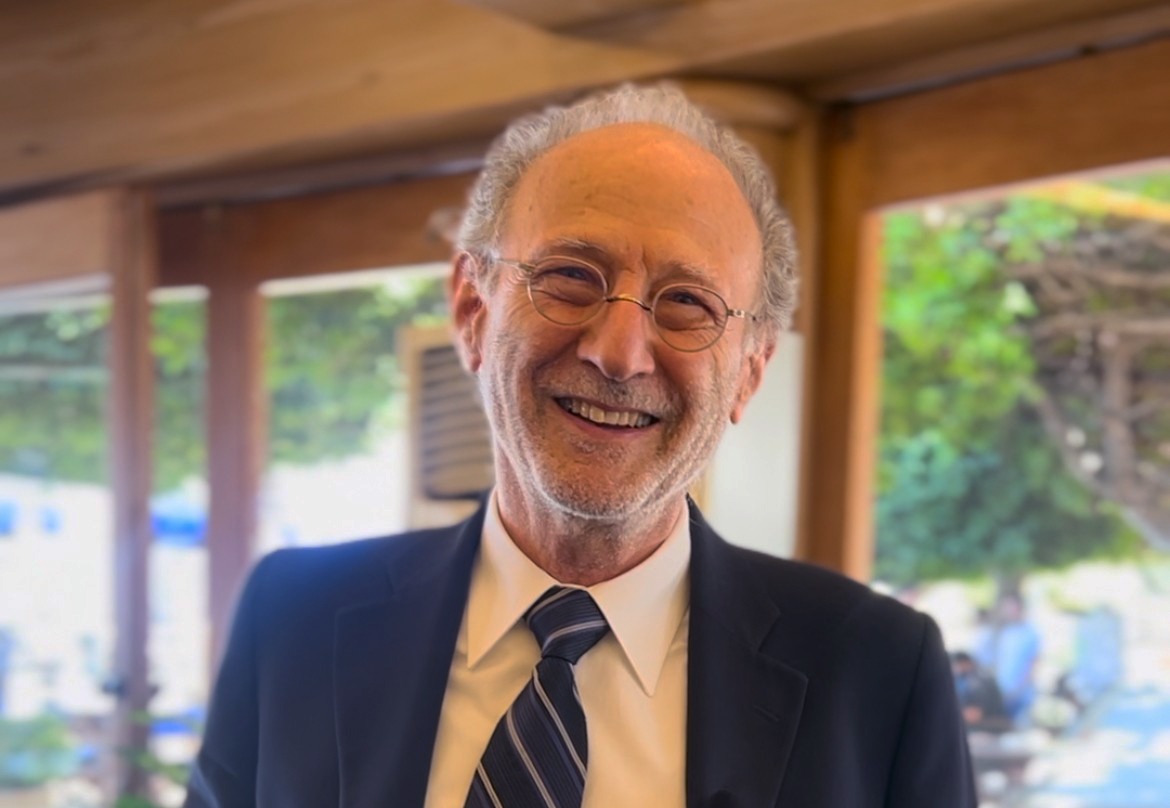
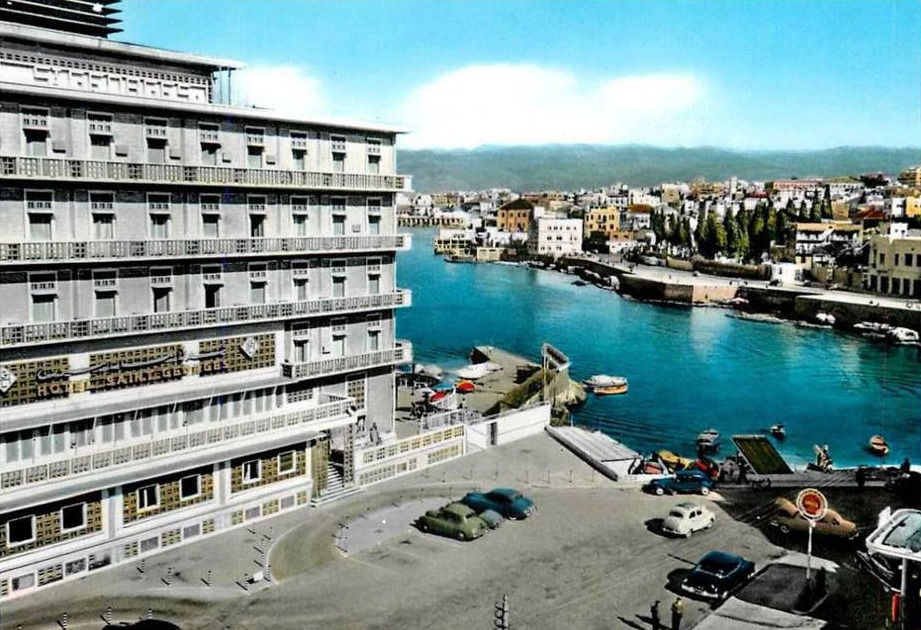
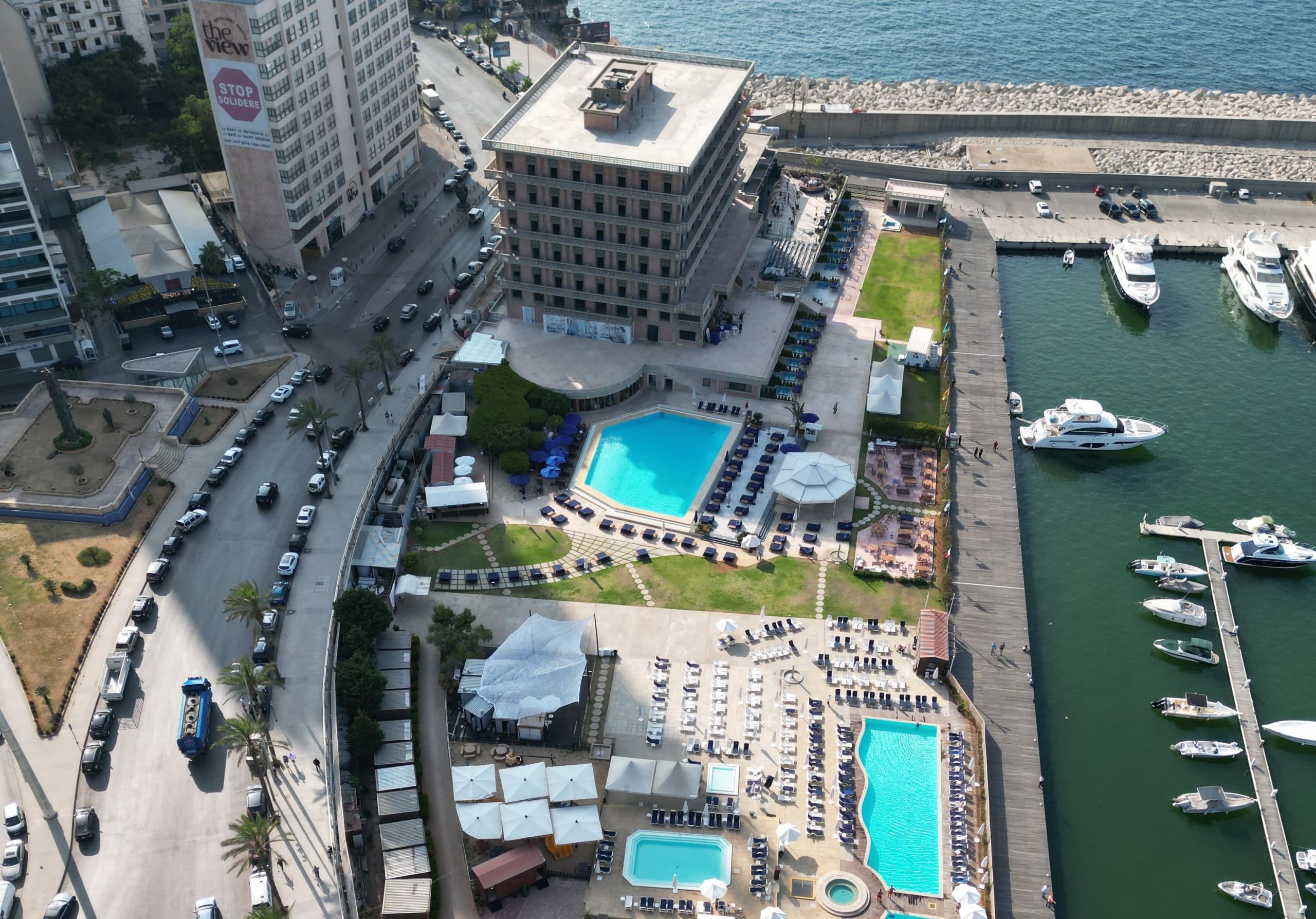 While others in your position may have given up, you’ve faced major challenges head on. What has kept you going?
While others in your position may have given up, you’ve faced major challenges head on. What has kept you going?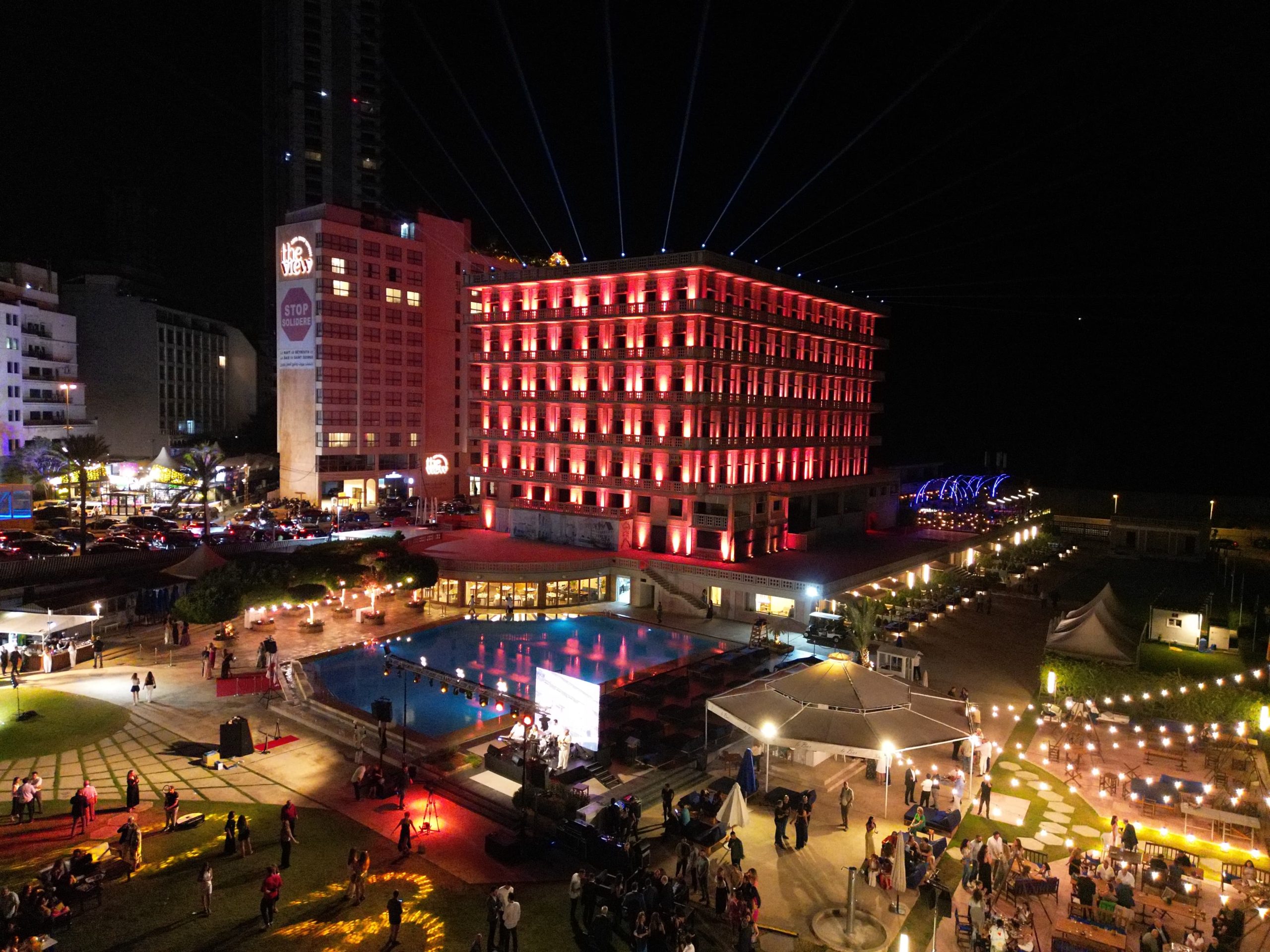 You recently launched The View – St. Georges Hotel. What can you tell us about it?
You recently launched The View – St. Georges Hotel. What can you tell us about it?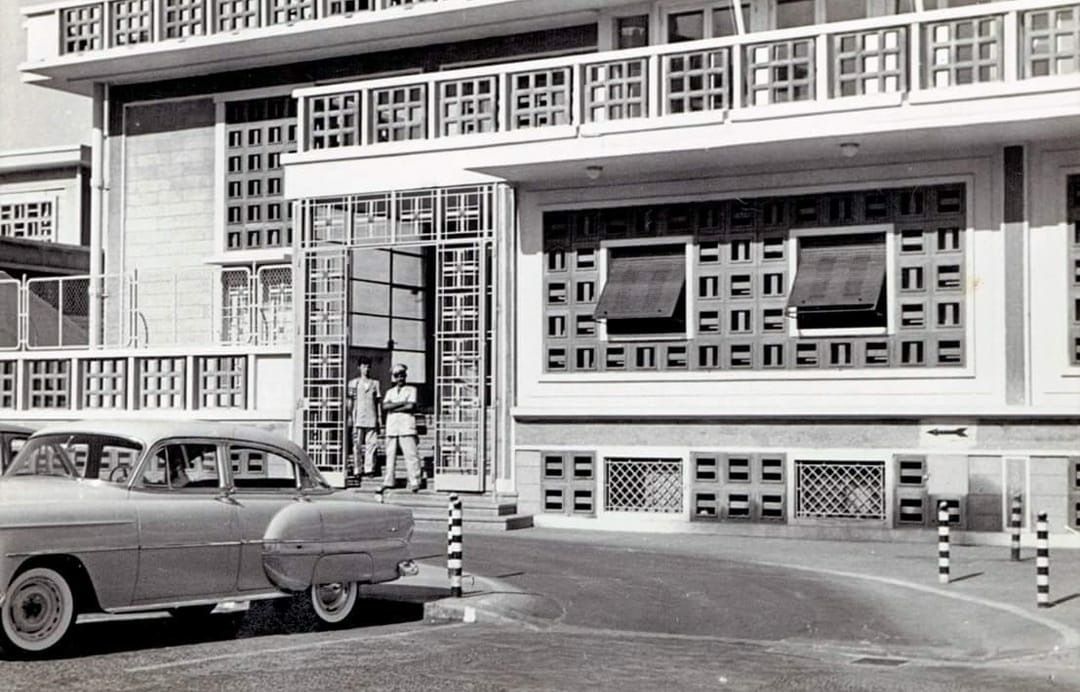 You are deeply committed to Lebanon. What does the country mean to you and what hopes do you have for its future?
You are deeply committed to Lebanon. What does the country mean to you and what hopes do you have for its future?